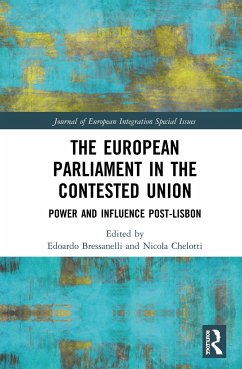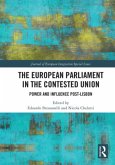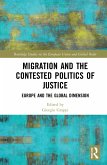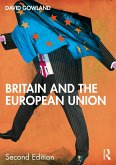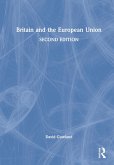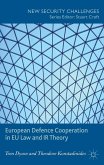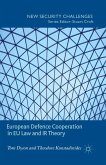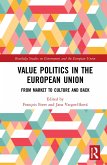The European Parliament in the Contested Union provides a systematic assessment of the real influence of the European Parliament (EP) in policy-making.
Ten years after the coming into force of the Treaty of Lisbon, which significantly empowered Europe's only directly elected institution, the contributions collected in this volume analyse whether, and under what conditions, the EP has been able to use its new powers and shape decisions. Going beyond formal or normative descriptions of the EP's powers, this book provides an up-to-date and timely empirical assessment of the role of the EP in the European Union, focusing on key cases such as the reforms of the EU's economic governance and asylum policy, the Brexit negotiations and the budget. The book challenges and qualifies the conventional view that the EP has become more influential after Lisbon. It shows that the influence of the EP is conditional on the salience of the negotiated policy for the Member States. When EU legislation touches upon 'core state powers', as well as when national financial resources are at stake, the role of the EP - notwithstanding its formal powers - is more constrained and its influence more limited. This book provides fresh light on the impact of the EP and its role in a more contested and politicised European Union.
Bringing together an international team of top scholars in the field and analysing a wealth of new evidence, The European Parliament in the Contested Union challenges conventional explanations on the role of the EP, tracking down empirically its impact on key policies and processes. It will be of great interest to scholars of the European Union, European politics and policy-making. The chapters were originally published as a special issue of the Journal of European Integration.
Ten years after the coming into force of the Treaty of Lisbon, which significantly empowered Europe's only directly elected institution, the contributions collected in this volume analyse whether, and under what conditions, the EP has been able to use its new powers and shape decisions. Going beyond formal or normative descriptions of the EP's powers, this book provides an up-to-date and timely empirical assessment of the role of the EP in the European Union, focusing on key cases such as the reforms of the EU's economic governance and asylum policy, the Brexit negotiations and the budget. The book challenges and qualifies the conventional view that the EP has become more influential after Lisbon. It shows that the influence of the EP is conditional on the salience of the negotiated policy for the Member States. When EU legislation touches upon 'core state powers', as well as when national financial resources are at stake, the role of the EP - notwithstanding its formal powers - is more constrained and its influence more limited. This book provides fresh light on the impact of the EP and its role in a more contested and politicised European Union.
Bringing together an international team of top scholars in the field and analysing a wealth of new evidence, The European Parliament in the Contested Union challenges conventional explanations on the role of the EP, tracking down empirically its impact on key policies and processes. It will be of great interest to scholars of the European Union, European politics and policy-making. The chapters were originally published as a special issue of the Journal of European Integration.

